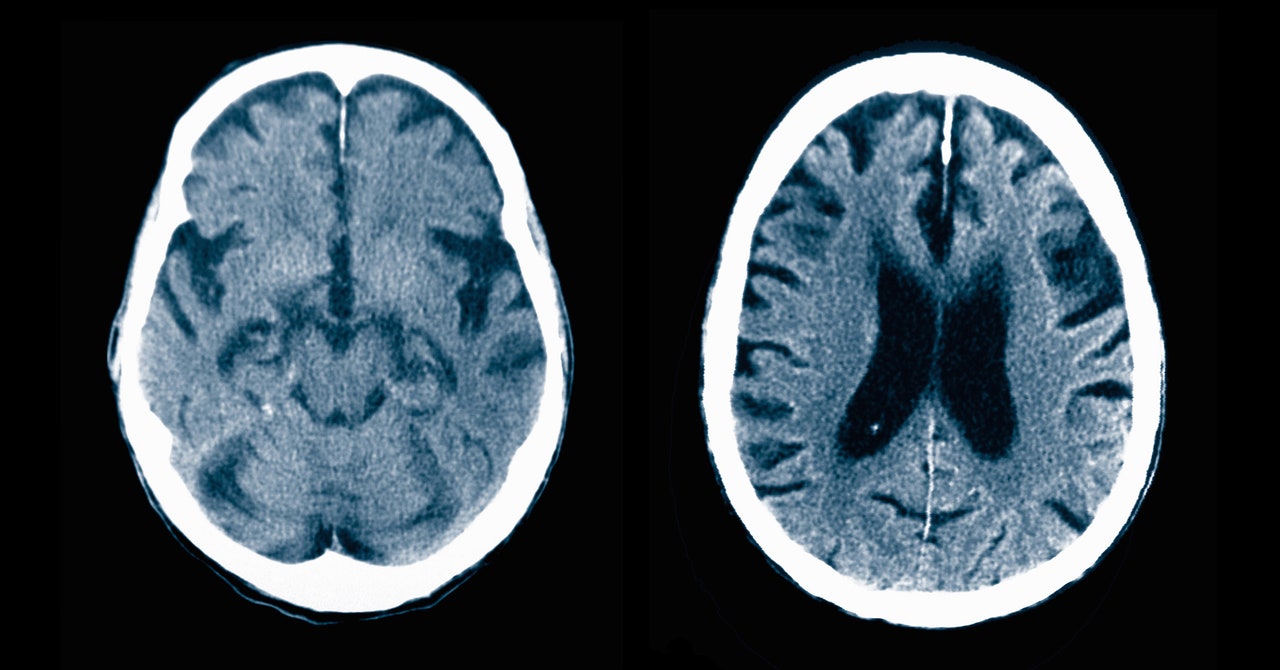
Millions of people over the age of 65 likely have mild cognitive impairment, or MCI—minor problems with memory or decisionmaking that can, over time, turn into dementia. But a pair of recent studies both concluded that 92 percent of people experiencing MCI in the United States are not getting diagnosed at an early stage, preventing them from accessing new Alzheimer’s treatments that may be able to slow cognitive decline if it’s caught soon enough.
“We knew it was bad. But we didn’t know it was that bad,” says Ying Liu, a statistician at the University of Southern California’s Center for Economic and Social Research and a researcher on both studies.
In the first, published this summer in Alzheimer’s Research & Therapy, Liu’s team aimed to figure out how often MCI is being diagnosed—and how often it’s overlooked. Using data from the Health and Retirement Study, a longitudinal survey of some 20,000 people in the US about a wide range of age-related factors, Liu built a model predicting the number of expected MCI diagnoses for the over-65 population overall: about 8 million. Then, Liu’s team pulled data from all Medicare beneficiaries aged 65 and up who were enrolled from 2015 to 2019, to see how many were actually diagnosed with the condition. They found that only 8 percent of the people whom their model predicted would be candidates for MCI, based on their health demographics, actually received a diagnosis. This number was even lower for Black and Hispanic beneficiaries and among lower-income people. (The team used eligibility for Medicaid, health coverage that supplements Medicare, as a marker of income status.)
A second study, published in October by Liu’s team, looked at Medicare claims submitted by 226,756 primary care physicians and compared their MCI detection rates with those predicted by their model. Again, they found that only about 8 percent of predicted cases were actually diagnosed, and only 0.1 percent of clinicians diagnosed the condition as often as the team calculated that they should.
Autopsies reveal that most people who die in old age have some kind of brain pathology that impairs cognition, from traces of stroke to the amyloid plaques that characterize Alzheimer’s. Not everyone who has these anatomical markers of neurodegeneration experiences memory problems, but “the more of these things you have in your brain, the more likely you are to manifest dementia,” says Bryan James, an epidemiologist at the Rush Alzheimer’s Disease Center, who was not involved in this research. If someone does experience problems like forgetting who family members are, or getting lost while walking familiar paths, a combination of cognitive tests, brain scans, blood work, or a spinal tap can pinpoint the cause of their dementia.
Diagnosing mild cognitive impairment is much trickier. People might notice that something is off, but they’re still able to function independently. Most are seen by primary care physicians, not researchers in specialized memory care clinics. Because these doctors don’t see many dementia patients, their confidence in giving someone a potentially life-shattering diagnosis can be low. “They don’t want to make a mistake,” says Sarah Kremen, a neurologist at the Jona Goldrich Center for Alzheimer’s and Memory Disorders, who was not involved in this research.
“We are still struggling, as a healthcare profession, with how to best identify mild cognitive impairment,” adds primary care physician Barak Gaster, who is also a professor of medicine at the University of Washington. Many doctors in Gaster’s field know they lack the training to handle cognitive concerns, and they are eager to learn. However, annual Medicare wellness visits are time-constrained—often just 15 minutes—and cover a lot of ground. Cognitive assessments are too cursory to detect the subtleties of MCI. “It’s really challenging to ask a community health provider to do another thing, because they’re already doing everything,” says Nancy Berlinger, a senior research scholar at the Hastings Center, an independent bioethics research institute in New York. Plus, people generally don’t want to be told they have memory problems. “Because of the stigma surrounding dementia, primary care providers may just avoid the topic,” says Berlinger.

